

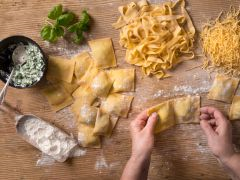
Every year, Google releases a long report about the foods Americans are thinking about - or really searching for - the most. And normally it usually just confirms the obvious
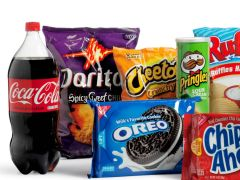
There's an alternate reality some like to imagine, a world without processed food in which everyone would be healthier and happier.

Almost 30 years ago, The New York Times nodded to a curious trend many older English folks were growing concerned about.
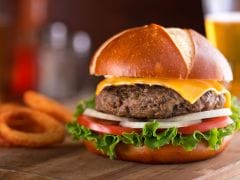
In the heart of what might be the most celebrated cuisine in the world, a curious thing is happening: people are clamoring for an unglamorous American food. "Le hamburger," as it's called in France.

In the mid 1970s, psychologist Merrill Elias began tracking the cognitive abilities of more than a thousand people in the state of New York. The goal was fairly specific: to observe the relationship between people's blood pressure and brain performance.
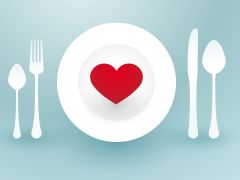
In late 1984, The New York Times published a piece that was, at least indirectly, about a word I could do without.

Coffee pods, which are incredibly efficient by comparison, have pushed people to make only what they plan to drink.
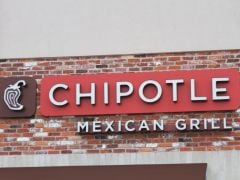
In the aftermath of an E. coli outbreak at Chipotle, restaurants that once sported long lines were suddenly empty, a phenomenon that was almost surely happening nationwide.
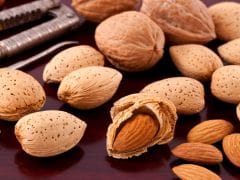
Almonds, the beloved snack that recently overtook peanuts as the most consumed nut in America, might have gotten a little too popular for their own good.
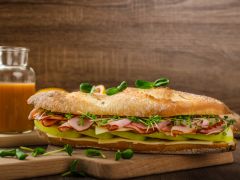
Almost 20 years ago, psychology professor and biologist Paul Rozin tested a theory about food. Many people believed their bodies were good at telling them when to start and stop eating, but he wasn't so sure.

There are small carrots, which uppity restaurants serve as appetizers or alongside entrees, that sprout from the ground.

The latest crisis began last month when Chipotle closed 43 restaurants in Washington state and Oregon after health authorities linked an E. coli outbreak to six restaurants in the region.
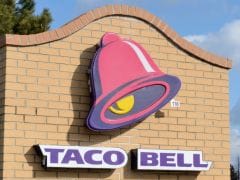
On Thursday, Panera became the latest fast-food chain to announce its plan to use only cage-free eggs. But there is still one major brand left to follow suit.
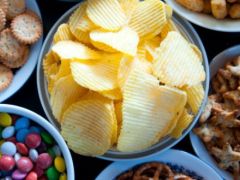
Is it sugary drinks that are doing the damage? Could processed foods be to blame? Is there a collection of popular things that parents should stop feeding their children so often?

2 years ago, a 280-pound teacher in Iowa decided that he would eat only food from McDonald's for six months. Here's what happened.

There's an interesting quirk about when and why kids choose to eat their vegetables.

Every year, the beer sold at Oktoberfest got a lot more expensive. And yet, for the most part, festival goers didn't seem to mind - not, at least, if their spending habits were of any indication.